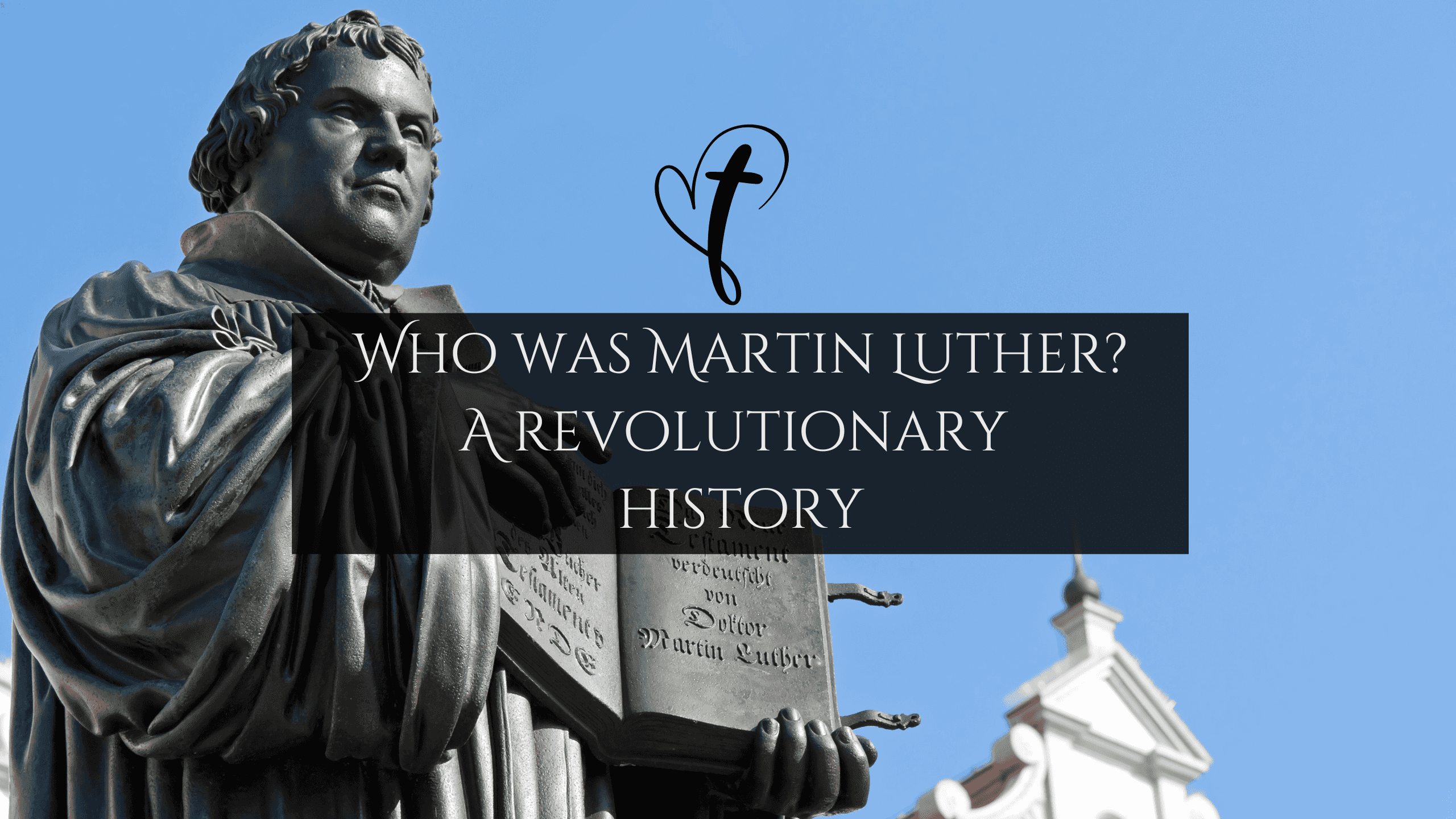
Who Was Martin Luther? A Revolutionary Figure in Religious History.
Church11th of October, 2024
The annals of history are often shaped by the actions of remarkable individuals whose ideas challenge the status quo and catalyze significant change. One such figure is Martin Luther, a German theologian and religious reformer whose influence in the 16th century cannot be overstated. His role as a pivotal leader of the Protestant Reformation transformed the landscape of Christianity, reshaped Western civilization, and left an indelible mark that resonates even today.
Early Life
Martin Luther was born in Eisleben, Germany, on November 10, 1483, into a modest family. His father, a miner, aspired for his son to rise above their humble beginnings, encouraging him to pursue a law degree. Luther began his studies at the University of Erfurt, but a life-altering experience occurred in 1505 when he caught in a severe storm, he vowed to become a monk if he survived. True to his word, he joined the Augustinian order shortly thereafter.Luther's commitment to monastic life was intense, marked by rigorous ascetic practices. However, he struggled with feelings of inadequacy and guilt, believing that he could never do enough to earn God's grace. This internal conflict propelled him into deep theological inquiries, particularly concerning salvation and the nature of God.
The Theological Awakening
Luther's pivotal moment came while he was teaching at the University of Wittenberg. He began to study the Bible in depth, particularly the writings of Paul, which led to a profound theological transformation. He concluded that salvation was a gift from God, attained through faith alone (“sola fide”) and not through good works or indulgences. This doctrine directly opposed the prevailing Catholic teachings of the time, which emphasized the importance of both faith and works.In 1517, Luther's discontent boiled over. Disturbed by the sale of indulgences by the Catholic Church—essentially a financial means for the forgiveness of sins—he penned the "Ninety-Five Theses," a list of propositions challenging the Church’s practices. He famously nailed this document to the door of the Castle Church in Wittenberg, an act that symbolically and literally sparked a revolution.
The Protestant Reformation
The publication and dissemination of the "Ninety-Five Theses" ignited a theological firestorm across Europe. Luther's critiques resonated with a populace frustrated by corruption within the Church and eager for reform. His ideas spread rapidly, facilitated by the newly invented printing press, leading to increasing support for his cause.Luther's stance led to excommunication from the Catholic Church and a pivotal confrontation with Church authorities at the Diet of Worms in 1521. Confronted with threats of arrest, he famously declared, "Here I stand, I can do no other," illustrating his commitment to his beliefs even at great personal risk. Luther found refuge under the protection of Frederick the Wise, Elector of Saxony, where he continued to write and translate the Bible into German, making scriptures accessible to ordinary people.
Impact on Christianity and Beyond
The impact of Martin Luther's reforms stretched far beyond theology. His emphasis on the priesthood of all believers dismantled the Church's monopoly on spiritual authority. The Reformation gave rise to various Protestant denominations, each interpreting Christianity through different lenses, which continue to evolve today.Luther's ideas also had significant social and political implications. They encouraged a spirit of inquiry and individualism that laid the intellectual foundations for the Enlightenment. His emphasis on education led to the establishment of schools and the promotion of literacy among the masses, ultimately enabling broader societal and cultural transformations.
Legacy
Martin Luther died on February 18, 1546, but his legacy endures. He is credited as a central figure in shaping modern Christianity and is venerated by many Protestant denominations as a saint. His influence extends to various aspects of life, including education, individual rights, and the concept of personal conscience.In today's increasingly pluralistic society, Luther's ideas about faith, freedom, and social responsibility continue to resonate. The quest for answers to life’s fundamental questions—about purpose, morality, and the nature of truth—echoes in the many discussions it has inspired.
In conclusion, Martin Luther was not just a theologian but a transformative figure whose life and work had far-reaching implications across religion, culture, and society. His journey from a troubled monk to a defiant reformer embodies the power of conviction and the enduring quest for truth. As we reflect on Luther’s contributions, we are reminded of the transformative potential within each of us to challenge norms, seek justice, and inspire change.